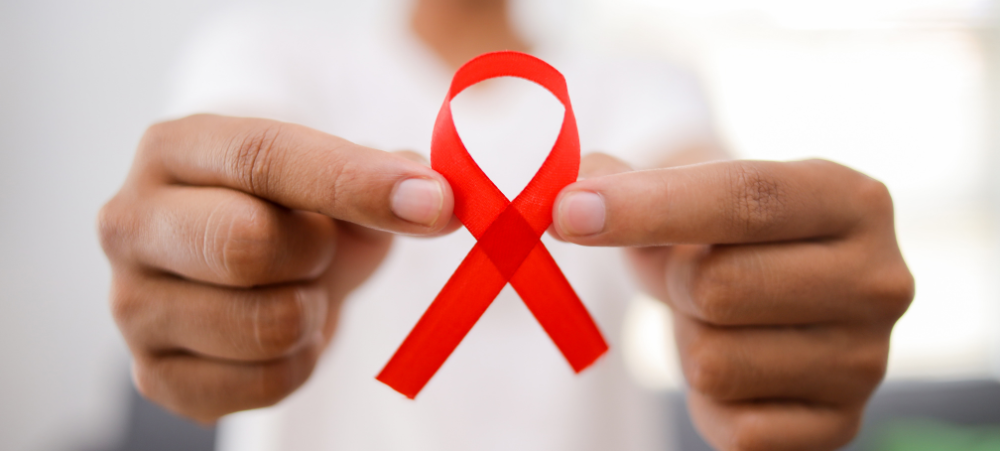Non-communicable diseases (NCDs), known as lifestyle diseases, pose some of the biggest threats to the health of South Africans. They are a result of the way we live, combined with genetic, physiological, environmental and behavioural factors.
The most common are hypertension (or high blood pressure), diabetes and obesity. It is imperative to have regular or annual check-ups.
Dr Morgan Mkhatshwa, Head of Operations at Bonitas Medical Fund, offers advice about these tests and others specifically for women.
Weight and BMI
Almost 70% of women in South Africa are overweight or obese. The Body Mass Indicator (BMI) is used to check if you are a healthy weight. To calculate your BMI:
- Divide your weight in kilograms (kg) by your height in metres (m)
- Then divide the answer by your height again
Good to know
Underweight <than 18.5
Normal weight 18.5 to 24.9
Overweight 25 to 29.9
Obese 30>
Diabetes
With over 4.6 million people in South Africa living with diabetes, it’s important to check your blood glucose. There are two main types of diabetes: Type 1 and Type 2. They are different conditions but are both serious and need to be treated and managed properly.
One of the biggest problems with diabetes is when it remains undiagnosed. This can lead to blindness, heart attackstroke, kidney failure, impotence and amputation so it’s vital to be checked.
Blood pressure
Hypertension (high blood pressure) is when blood pressure stays elevated over time. It is often referred to as the ‘silent killer’ since nearly 33% of people who have it, don’t know it.
If your blood pressure is too high, it puts extra strain on your arteries (and your heart) and if it’s not treated, hypertension can cause kidney failure, eye problems and heart disease.
Good to know
| Range | |
| Normal | 120/80 to 129/84 |
| Upper end of Normal | 130/85 to 139/89 |
| Mild hypertension | 140/90 to 159/99 |
| Moderate hypertension | 160/100 to 179/109 |
| Severe hypertension | More than 180/110 |
Besides testing for these three main NCDs, Dr Mkhatshwa also advocates specific checks for women.
A Mammogram
From the age of 18 you should do regular self-examination of your breasts, if you see or feel any changes, consult your doctor immediately. Early detection increases the chance of survival and can save your life.
Some doctors recommend having a mammogram, every two years from the age of 40, others believe you only need to start at 50 years of age. A mammogram is a low-dose X-ray which radiologists analyse to look for changes in breast tissue.
Although the greatest risk for breast cancer is age, women can get breast cancer from a very early age.
Cervical cancer
South Africa has a high rate of cervical cancer, this has been attributed to the fact that not enough women are screened regularly. Screening can detect early changes in the cervix which can be treated and save your life.
Screening includes:
- Pap test (pap smear) which looks for cell changes (pre-cancers) in the cervix that may progress to cancer if not treated.
- The Human Papillomavirus (HPV) test. Looks for the virus that causes most cervical cancers
It is recommended that between the ages of 21and 65, women should have a pap smear every two years and, from the age of 30 onwards, a pap smear and HPV test can be done every 5 years
A vaccine has been developed to protect women from getting HPV. It is administered free of charge, annually, to girls between Grade 4 and 7 (9 to 12 years of age) in all government schools. The HPV vaccination can be a cost-effective strategy in lowering the cervical cancer risk among women in South Africa.
Bone Density
As you age, your bones become thinner and weaker. Over time this can lead to a condition called osteoporosis. If you’re aged 65 or older a bone density test is recommended.
Called a DEXA scan, the frequency of this screening varies depending on your bone density and other risk factors. Your doctor may suggest you have this test earlier if you:
- Broke a bone in the past
- Have taken steroids for a long time
- Have rheumatoid arthritis
- Are underweight
- Have a parent who has broken a hip after a minor injury
Treatment for osteoporosis is available – usually the first choice is Bisphosphonates.
Colorectal Cancer Screening
These tests look for cancer in the colon or rectum by checking for tissue growths, called polyps. If you don’t have an elevated risk for cancer, then you should start having these tests when you turn 45. A colonoscopy, where the doctor looks at your entire colon, should be done every 3-10 years depending on what is found during your exam.
A Faecal Immunochemical Test (FIT) should happen annually. The FIT is also a screening test for colon cancer which tests for hidden blood in the stool, which can be an early sign of cancer.
Skin Checks
Skin cancer is caused by the abnormal growth of skin cells – usually on the skin that has been exposed to the sun but not always. There are three major types of skin cancer: Basal cell carcinoma, squamous cell carcinoma and melanoma.
Examine your skin carefully at least once a month and, if you are prone to getting lots of moles, go to a dermatologist and have the mole ‘mapped.’ If skin cancers are found early and treated, they are almost always curable.
If you have a history of skin cancer in your family have your skin checked regularly by a doctor.
Remember early detection of any of these conditions can save your life, so remember to go for regular check-ups with your doctor.
For 2025 we have a renewed Female Health Programme:In collaboration with CareWorks, it’s accessible to all female members aged 18 and above, with an emphasis on preventative care and early detection of female-specific health issues. In addition, we have an enhanced Maternity Programme to support expecting mothers. This includes early identification of and weekly engagement for high-risk pregnancies, post-childbirth care and associated mental health follow-up calls for new mums, given the prevalence of pre and postnatal depression. Also, milestone reminders for children under 3 and cover for antenatal vitamins through savings, day-to-day benefits or the Benefit Booster
Bonitas Medical Fund
0860 002 108
View Website: www.bonitas.co.za
- Putting together your birth plan - December 23, 2025
- Breastfeeding tips - December 15, 2025
- Mental health matters during the festive season: Let’s normalise getting help - December 11, 2025





